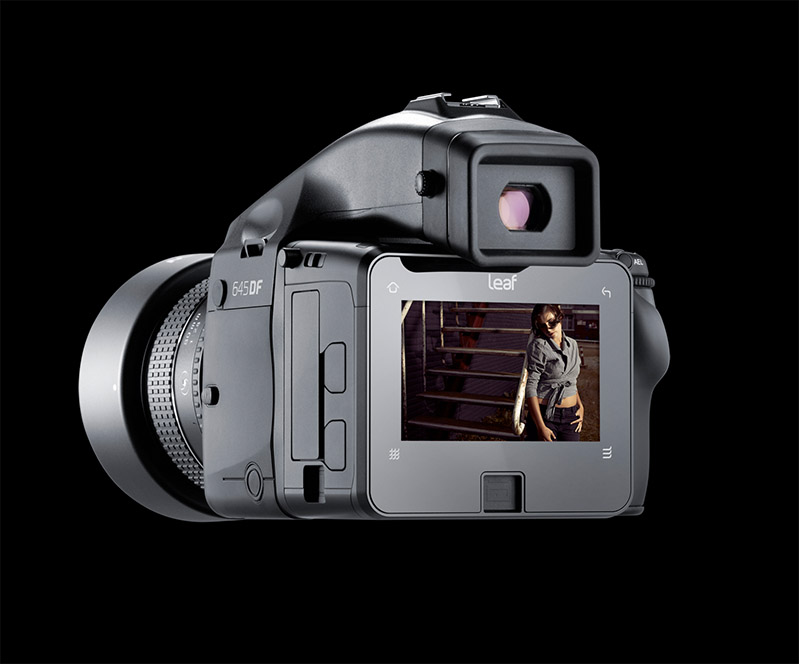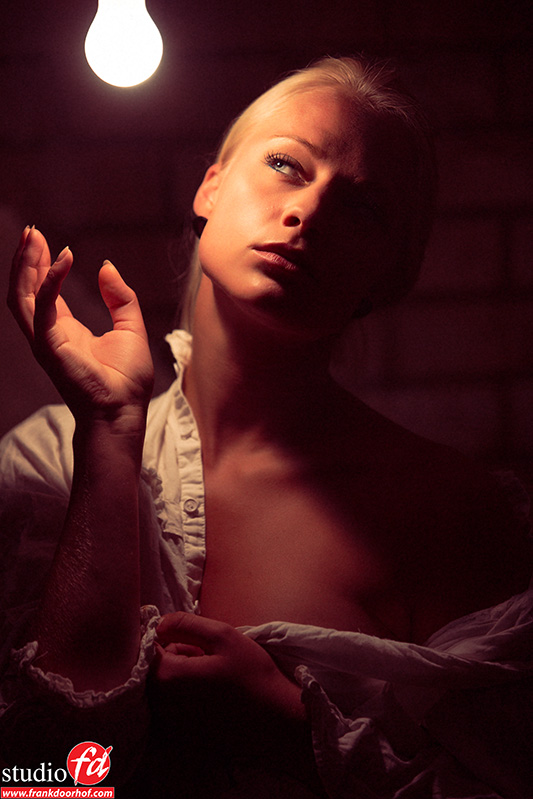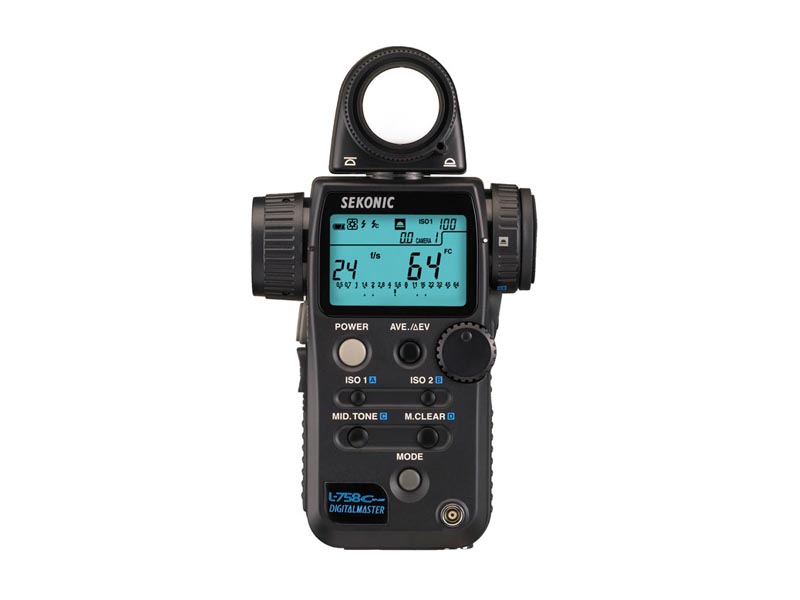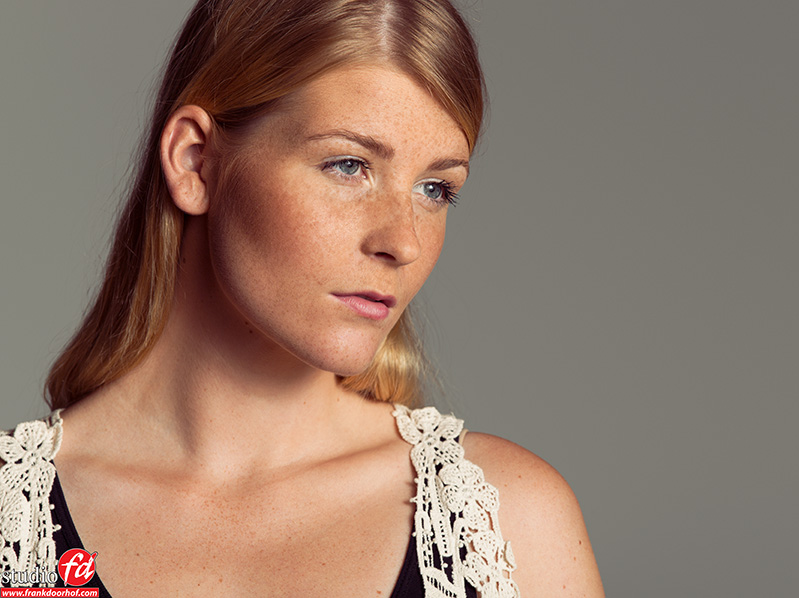Leaf Credo first impressions
Before you start reading I have to make a few things clear.
I got my Credo last Friday night, so I’ve shot 1 session with it and a few loose shots (but put it thought it’s paces), I hate to do reviews like this to be honest if they are too technical, that’s why you will hardly find any 100% crops of resolution charts with my reviews, I just tell you how I think about the product. And of course you can ask whatever you want 🙂
In the market of digital photography it’s always interesting to see what manufactures come up with to draw the people to the stores and buy their newest gear. In the Medium format market it’s a bit more “relaxed” than in the DSLR market. Most medium format cameras are used in controlled areas like studios or with strobes on location so for example the whole high ISO race is of less importance (I do have to add that I don’t agree with this, I would love a digital back that can shoot noiseless ISO1600).
Somehow when we compare the medium format cameras and backs to modern DSLRs one could easily say that medium format is not interesting anymore, and with the release of the Nikon D800(E) a lot of people even claimed that medium format was “dead”, I was even interviewed by a magazine about the release of the D800 and the interviewer was surprised that my answer was that, although I love the way the development goes for DLRs, I really did not think you can compare a medium format camera with a DSLR, it’s all about the term “horses for course”. Now I hear you ask “Really, come on Frank”. So let me explain.
Let’s just only look at the sensor size, a medium format sensor like the Credo60 measures 53.9 x 40.4 mm while for example the Nikon D800(E) “only” is 24 x 35.9 mm which is a huge difference. Now what does that mean ? (and yes after that I do the review of the Credo 60).






You must be logged in to post a comment.